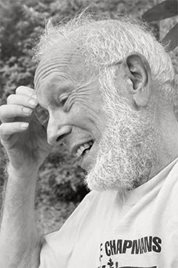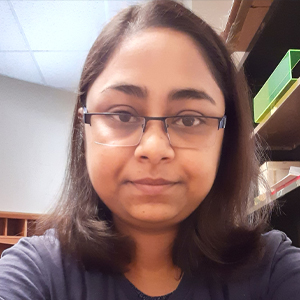In memoriam: Norman Meadow
Norman Meadow, a professor of biochemistry at Johns Hopkins University, died July 23, 2024, at the age of 87 in Maryland. He was a member of the American Society for Biochemistry and Molecular Biology for 34 years.

Born in May 1937, Meadow obtained his Ph.D. from the University of Pennsylvania before becoming a faculty member at Johns Hopkins University, where he served for three decades performing protein phosphorylation and bacterial signal transduction research.
Meadow's scientific contributions significantly advanced the field’s understanding of the bacterial phosphotransferase system, PTS. His work with Saul Roseman led to the isolation and characterization of the glucose-specific bacterial phosphocarrier protein IIIGlc and its role in sugar transport. He also contributed to understanding glucose transport kinetics within the PTS framework and pioneered a technique to characterize kinase–substrate interactions.
He is survived by his wife, Karen; three children, Max, Paul and David; and six grandchildren. He was predeceased by his parents, Mary and Paul, and brother, Harold.
Enjoy reading ASBMB Today?
Become a member to receive the print edition four times a year and the digital edition monthly.
Learn moreGet the latest from ASBMB Today
Enter your email address, and we’ll send you a weekly email with recent articles, interviews and more.
Latest in People
People highlights or most popular articles

Chemistry meets biology to thwart parasites
Margaret Phillips will receive the Alice and C. C. Wang Award in Molecular Parasitology at the ASBMB Annual Meeting, March 7-10 in Washington, D.C.

ASBMB announces 2026 JBC/Tabor awardees
The seven awardees are first authors of outstanding papers published in 2025 in the Journal of Biological Chemistry.

Decoding how bacteria flip host’s molecular switches
Kim Orth will receive the Earl and Thressa Stadtman Distinguished Scientists Award at the ASBMB Annual Meeting, March 7–10, just outside of Washington, D.C.

Thiam elected to EMBO
He was recognized during the EMBO Members’ Meeting in Heidelberg, Germany, in October.

The timekeepers of proteostasis
Learn about the cover of the winter 2026 ASBMB Today issue, illustrated by ASBMB member Megan Mitchem.

Defining JNKs: Targets for drug discovery
Roger Davis will receive the Bert and Natalie Vallee Award in Biomedical Science at the ASBMB Annual Meeting, March 7–10, just outside of Washington, D.C.

